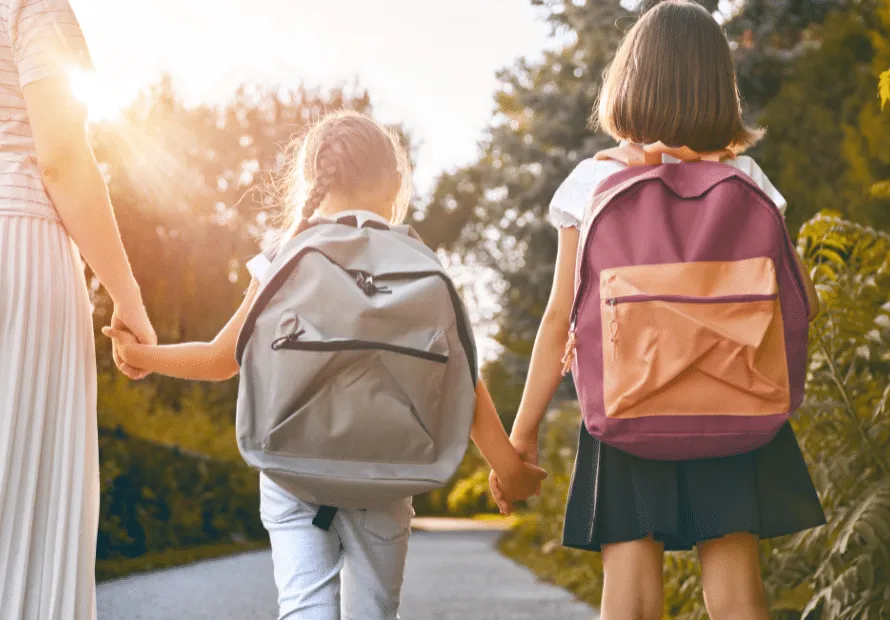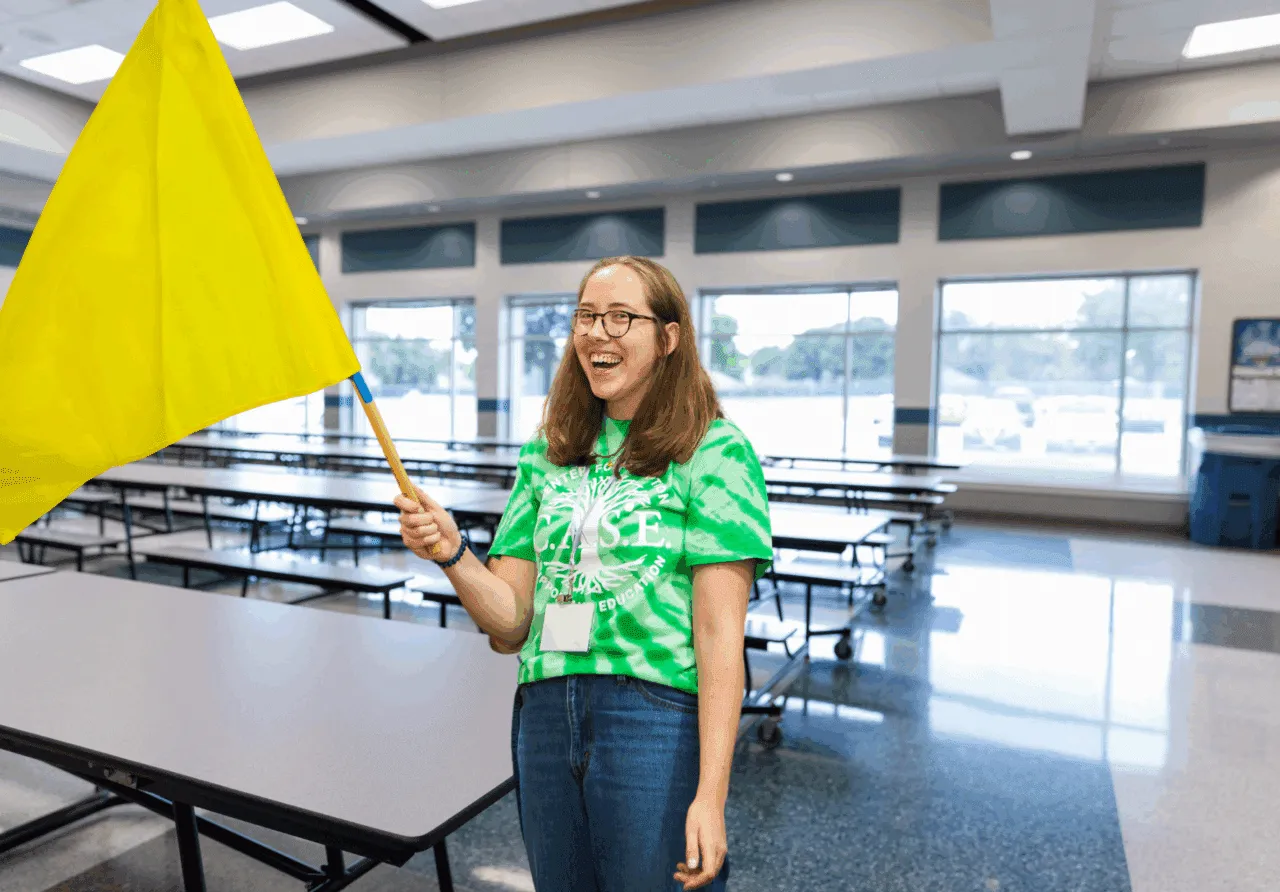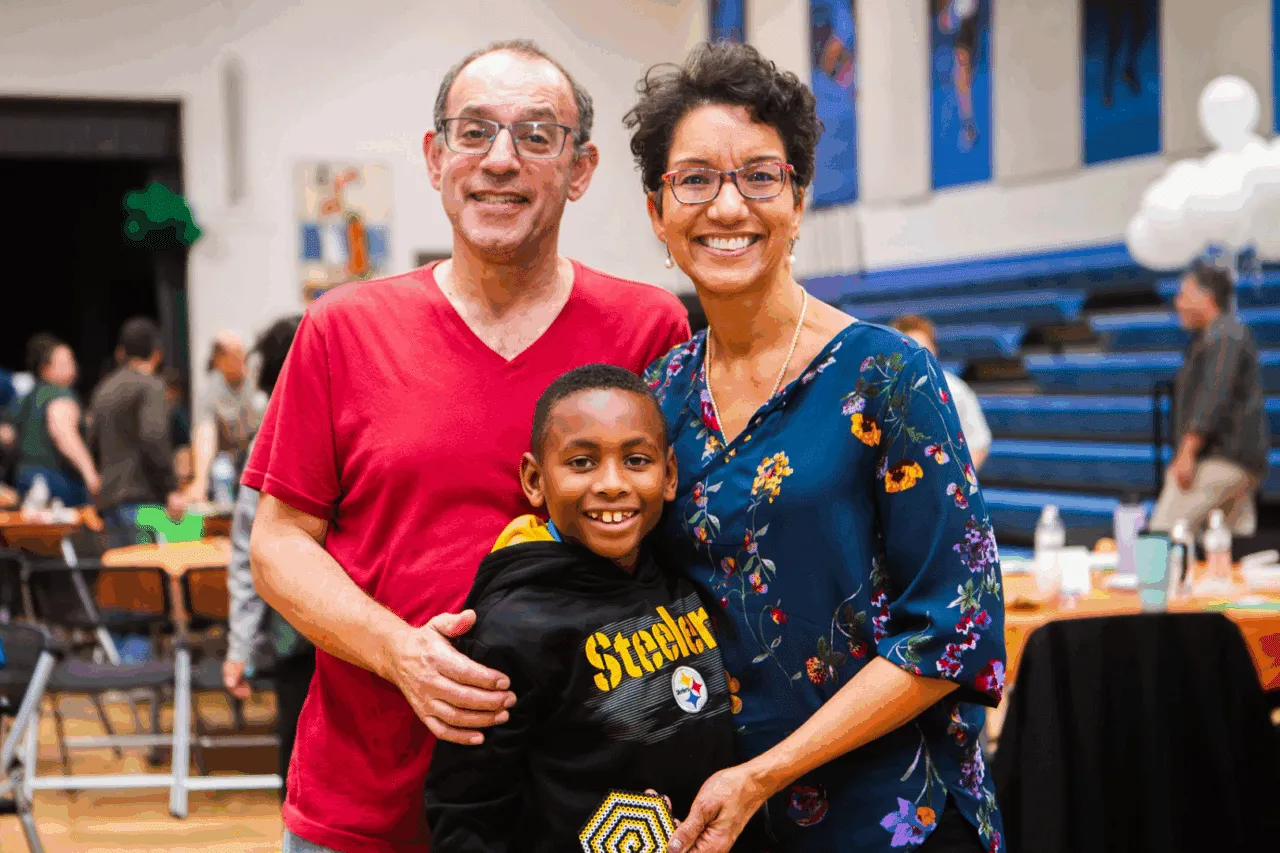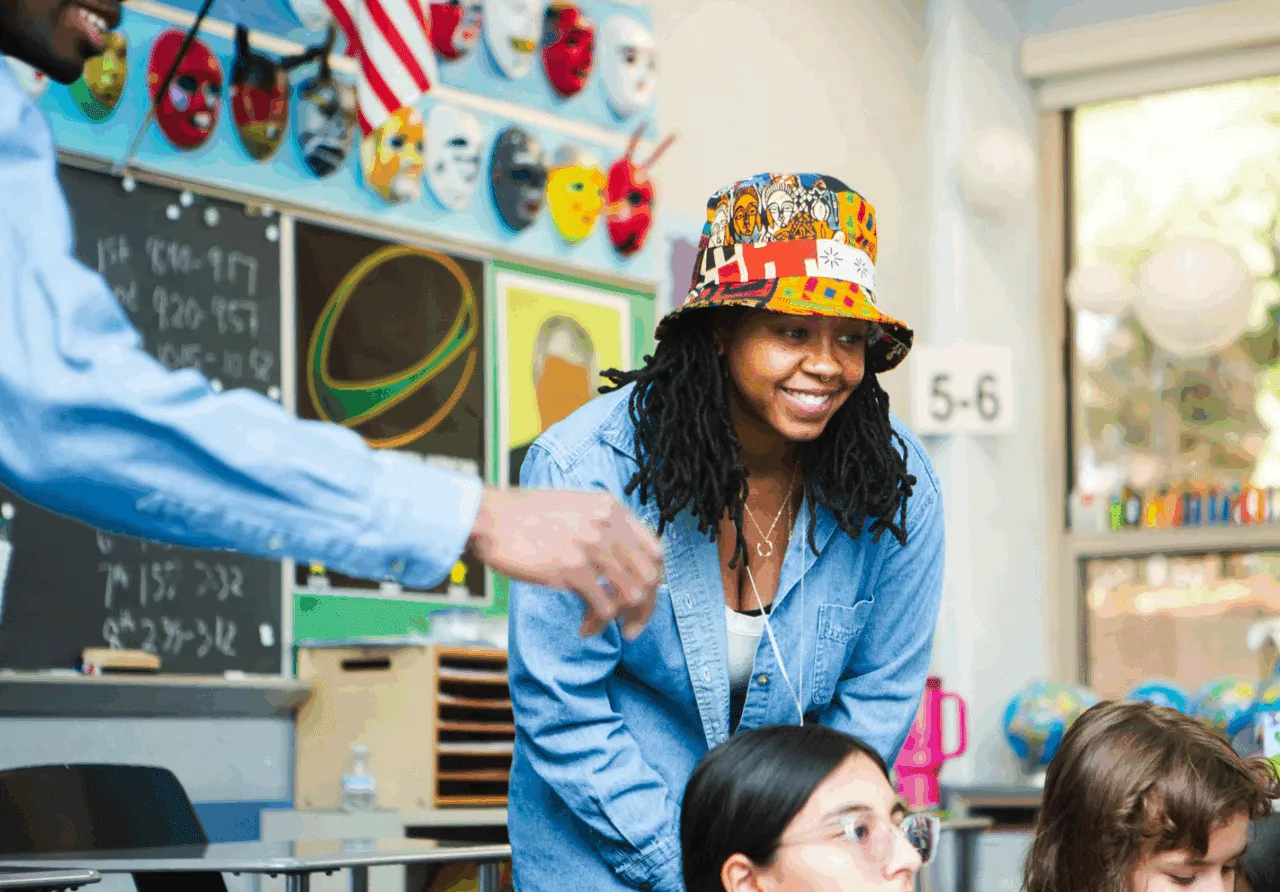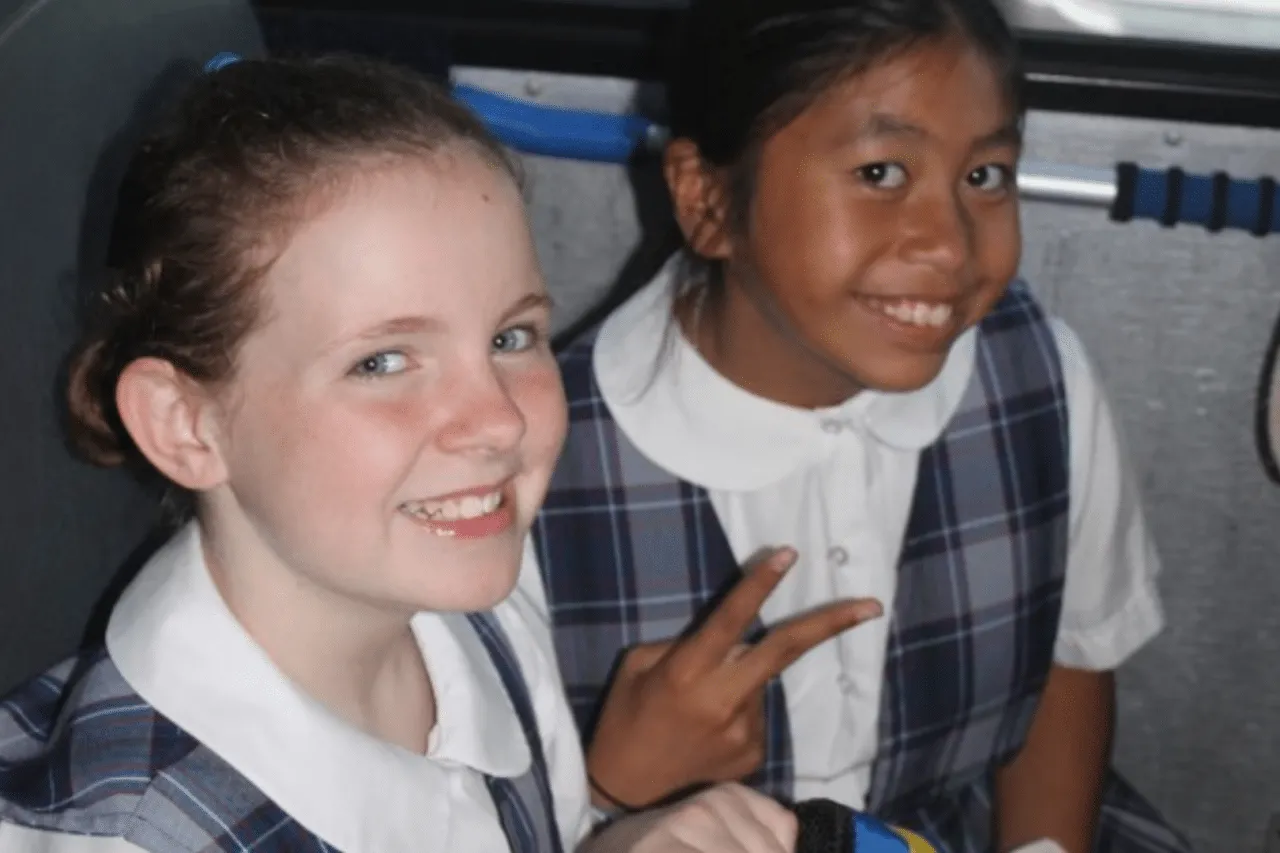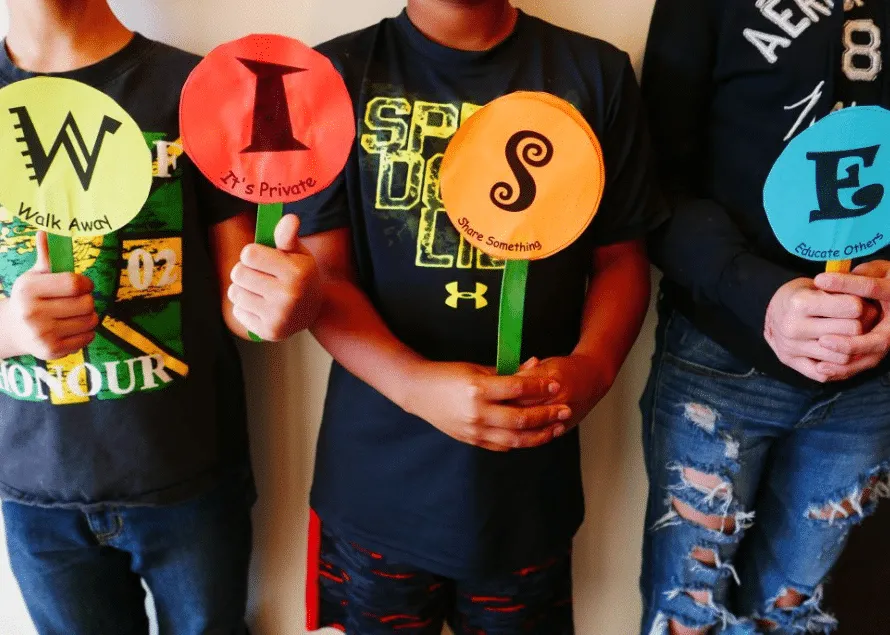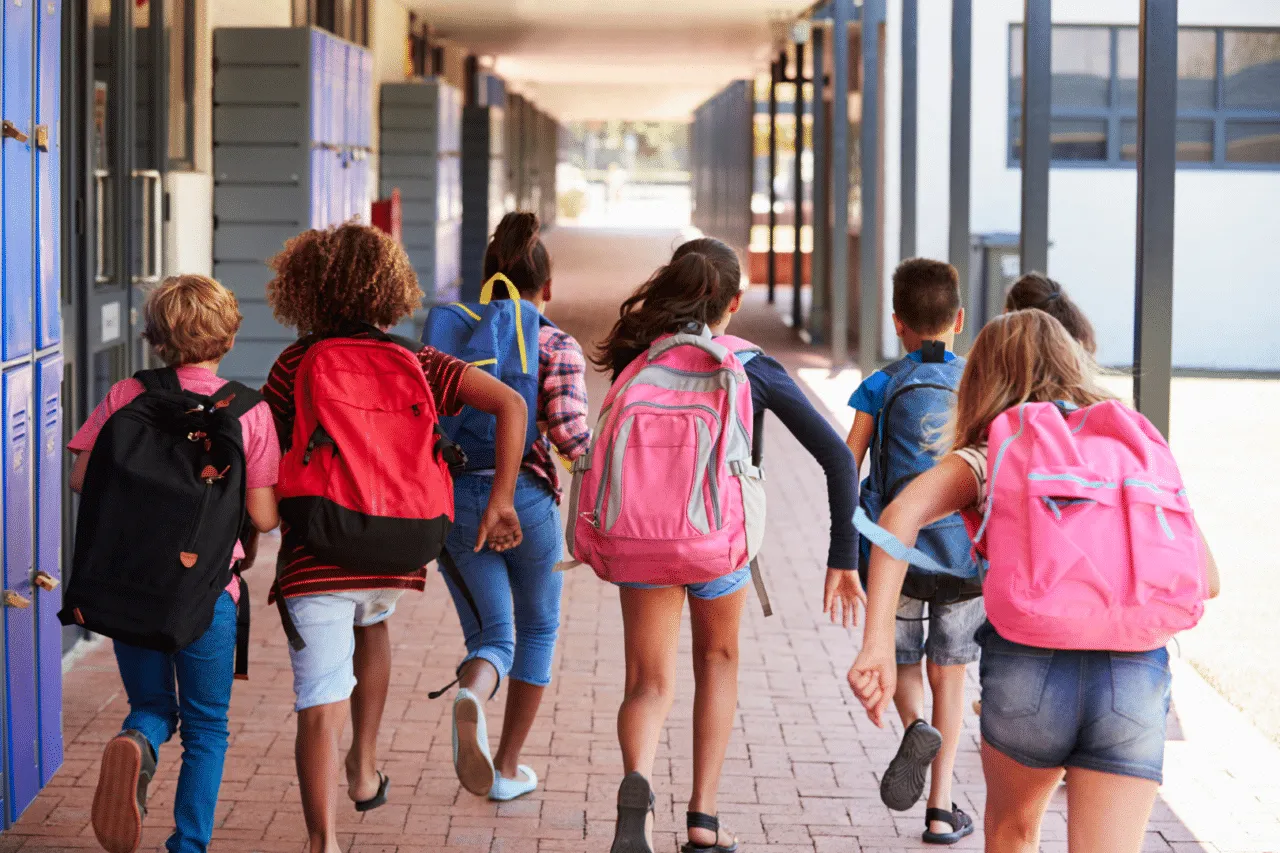The New School Blues: Navigating Transitions & Change
The New School Blues: Navigating Transitions & Change
The Emerging Leaders Candid Corner
A place where adopted adults candidly share THEIR stories & answer YOUR questions
Navigating school transitions can feel overwhelming—especially for adoptees balancing questions of identity and belonging. Early school years may feel familiar and safe, but middle and high school bring new challenges: deciding what to share, building trust with new adults, and forming fresh friendships. With proactive support and intentional preparation, young people gain confidence, independence, and agency. Most importantly, every student deserves to feel seen, valued, and accepted for who they are—both in school and beyond
When Adoption Was Simply Part of Who I Was
My elementary school, a small K-6 school in my hometown, had just 100 students. In this tight-knit community, my classmates from kindergarten through sixth grade were the same faces year after year. Occasionally, a family might have moved, or a student might have transferred in or out, but our class sizes were never large enough to require multiple teachers per grade level.
These classmates knew my name, where I lived, and even my favorite gym class activity (The colorful floor scooters, of course). They knew I liked Pokémon cards and cats, and they knew that I loved the snow.
Many, if not all of them, also knew that I was adopted. Whether they remembered from show-and-tell presentations, noticed early pickups on adoption day, or simply knew through my parents or family, it wasn’t something I had to explain. It just was.
One day in science class when we were learning about dominant and recessive genes, one classmate called out, “Well, we know for certain that Catey isn’t related to her parents because her eyes are blue and their eyes are brown.” Despite prompting some strong feelings of otherness and difference, it felt to me like just another observation, and I didn’t think much of it.
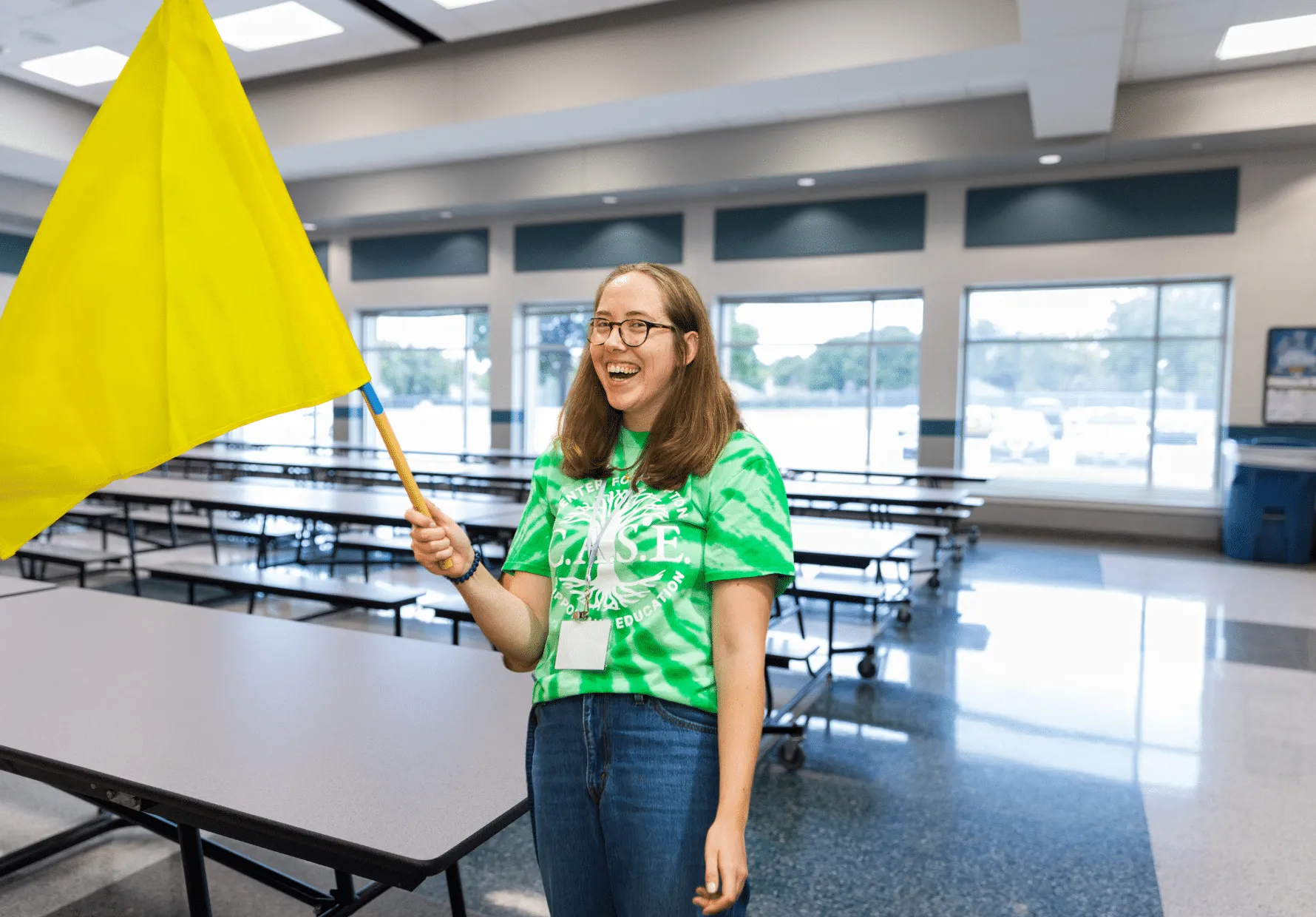
The Transition to Middle School: New Faces, New Challenges
My first day of middle school was a morning filled with restlessness. My hands wouldn’t stay still. I tried to eat breakfast before orientation, but my stomach was full of butterflies, and I found it hard to concentrate.
Transitioning to middle school was complicated and difficult. But I made my way.
For many, the transition to adolescence brings new challenges and adjustments. But for me, as an adoptee, that transition also meant:
- Building trust with new school staff
- Making new friends from outside my close-knit elementary circle
- Finding new out-of-school activities
- No longer attending the same school as my younger sibling (also a child of adoption)
I no longer had the protection of familiar classmates, known teachers, and trusted adults. It was the first time I had to decide for myself:
- What do I want to share about my adoption and lived experience?
- What do I want people to know about me, my adoption, and my family?
Finding Tools and Confidence Over Time
This was my first experience consciously navigating whether — or how much — to share about my adoption. I didn’t yet have access to W.I.S.E. Up! ®, a resource I later used in Teen Identity Programming at Center for Adoption Support & Education. I didn’t know how to confidently move past uncomfortable questions. Instead, I often found myself frozen, or oversharing in ways that made me feel uneasy afterward.
By the time high school approached, my support system was more aware and attuned to my needs. We prepared together. The summer before my freshman year, I had the opportunity to be proactive in naming my concerns and was able to:
- Meet with a school counselor
- Connect with a few of my new teachers
- Walk my class schedule the week before school began with a close friend
- Learn how to use a locker/how to troubleshoot or ask for help when I inevitably forgot my combination again
This small, intentional preparation didn’t erase all of the anxiety, but it gave me something even more valuable: agency, confidence, and independence amidst the unknown of newness.
I believe that all young people — regardless of their lived experience — should have the opportunity to feel seen and acknowledged for who they are. We spend so much of our youth in schools , and I hope that more individuals, families, school professionals, and community members continue to reflect and acknowledge the little and big ways that we can make space for everyone. Lean in on your friends, trusted adults, and community as you take the next steps in your education and life.

